Are you feeling down after following the ketosis diet? Can a ketosis diet cause depression? Let’s find out here.
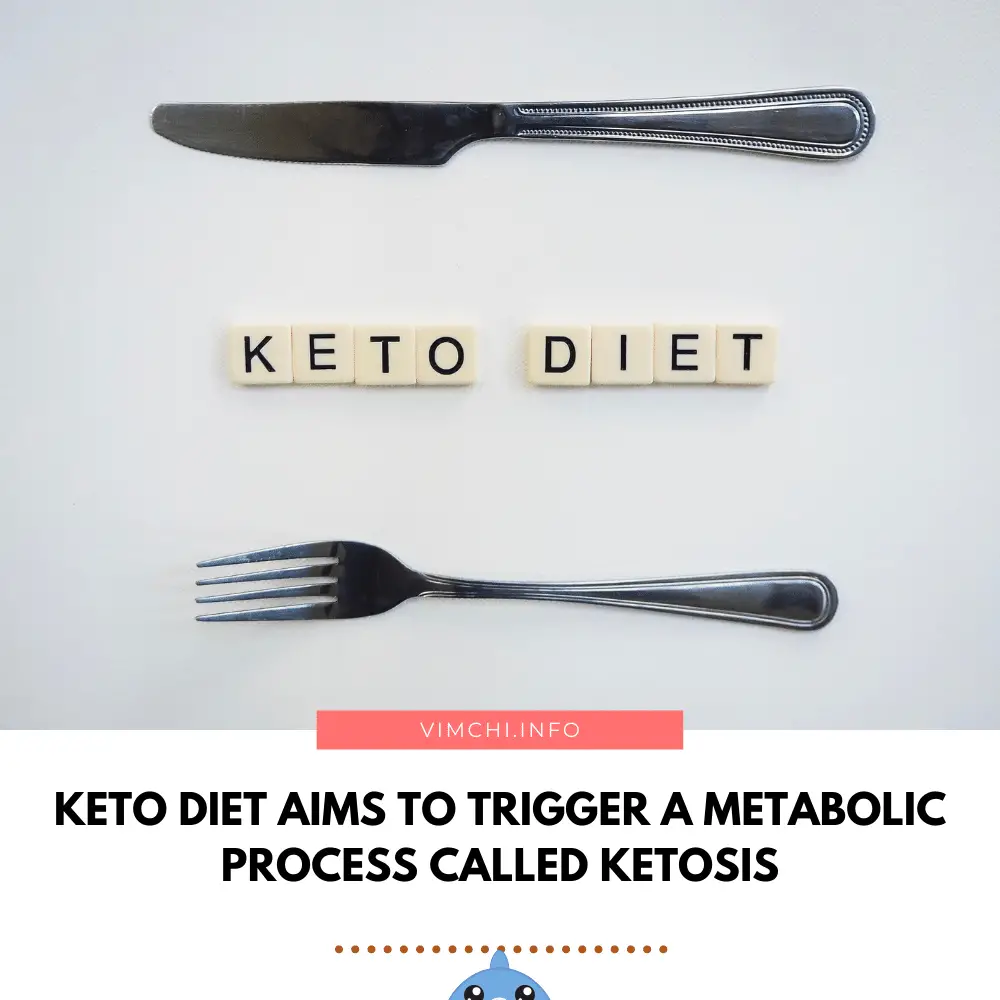
The goal of the keto diet is to lower carb intake to trigger a metabolic process called ketosis. This process enables the body to burn fat for energy, rather than using carbohydrates.
Before it became mainstream, the ketosis diet was developed to manage the seizures of patients suffering from epilepsy.
Read: Are Herbalife Tea Bombs Ideal for Ketosis Diet?
How About Depression? Can Ketosis Diet Cause Depression?
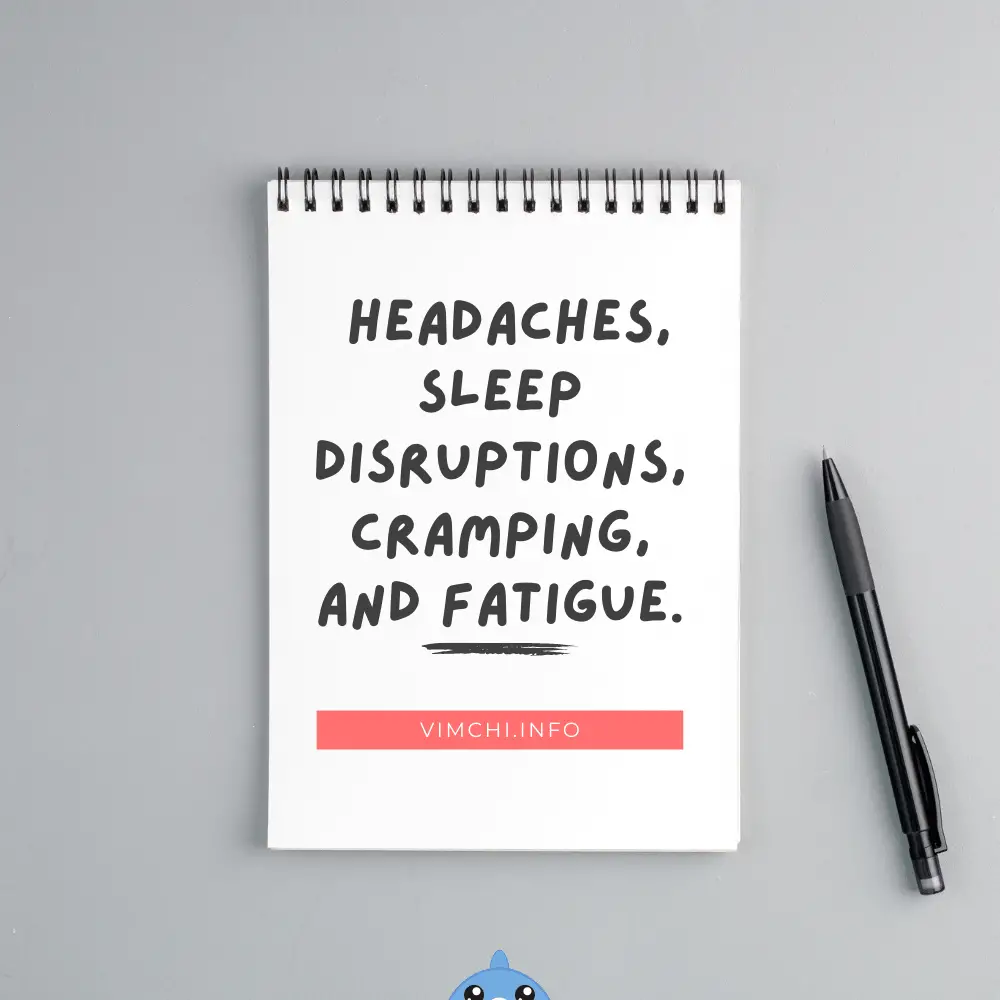
A ketosis diet may cause mood swings. It’s one of the side effects of following a ketogenic diet.
These side effects typically occur if the body hasn’t adjusted yet to your way of eating. You may also experience headaches, sleep disruptions, cramping, and fatigue. If you can’t manage these symptoms, they can lead to depression.
To remedy it, you should increase your fluid intake. Then, make sure to consume different varieties of fruits and vegetables.
Other ways to combat depression and other side effects of the ketosis diet would include the following:
Eat High-Quality Protein and Vegetables
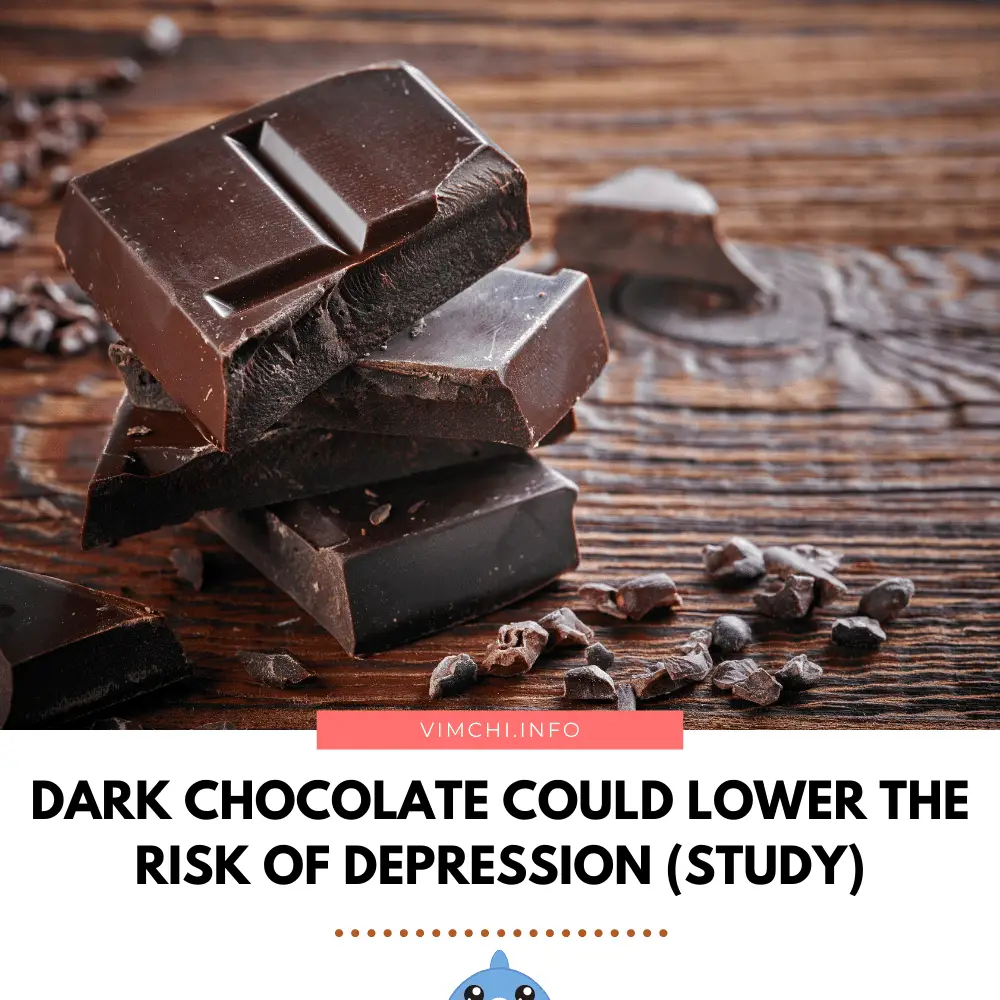
If you’re experiencing mood swings, try to eat more high-quality whole foods. Make sure that your ketosis diet includes food rich in magnesium, like almonds and avocado.
You should also consider eating dark chocolate as it’s known to help with depressive symptoms.
This survey showed that dark chocolate had been managed to lower the risk of depression of more than 13,000 US adults.
“Analyses stratified by the amount of chocolate consumption showed participants reporting chocolate consumption in the highest quartile (104–454 g/day) had 57% lower odds of depressive symptoms than those who reported no chocolate consumption (OR = 0.43, 95%CI 0.19–0.96) after adjusting for dark chocolate consumption.”
But you need to focus on low-sugar dark chocolate. Keep in mind that the ketosis diet requires that you significantly lower your carb intake. And chocolate is known for its high-carb content.
Hydrate Well
Drink as much water as you can. Hydrating yourself well will help your body transition easier to ketosis.
You may also consider drinking beverages with electrolytes.
Choose Carb Cycling
It’s a technique that lets you eat one high-carb for one day per week. This will help your body adjust to this diet over the long term. It will also prevent you from sacrificing your favorite foods.
Although some keto dieters complained of experiencing depression while on keto, this diet might reduce depression in others.
How Keto Diet Might Reduce Depression?
Reduce Oxidative Stress
People with depression are said to have high levels of oxidative stress.
Oxidative stress occurs when unstable compounds you are exposed to per day damage your cells. It can cause various diseases, like depression.
A ketogenic diet can improve your system’s antioxidant activity. It reverses some of the damages caused by the free radicals.
Lower Inflammation
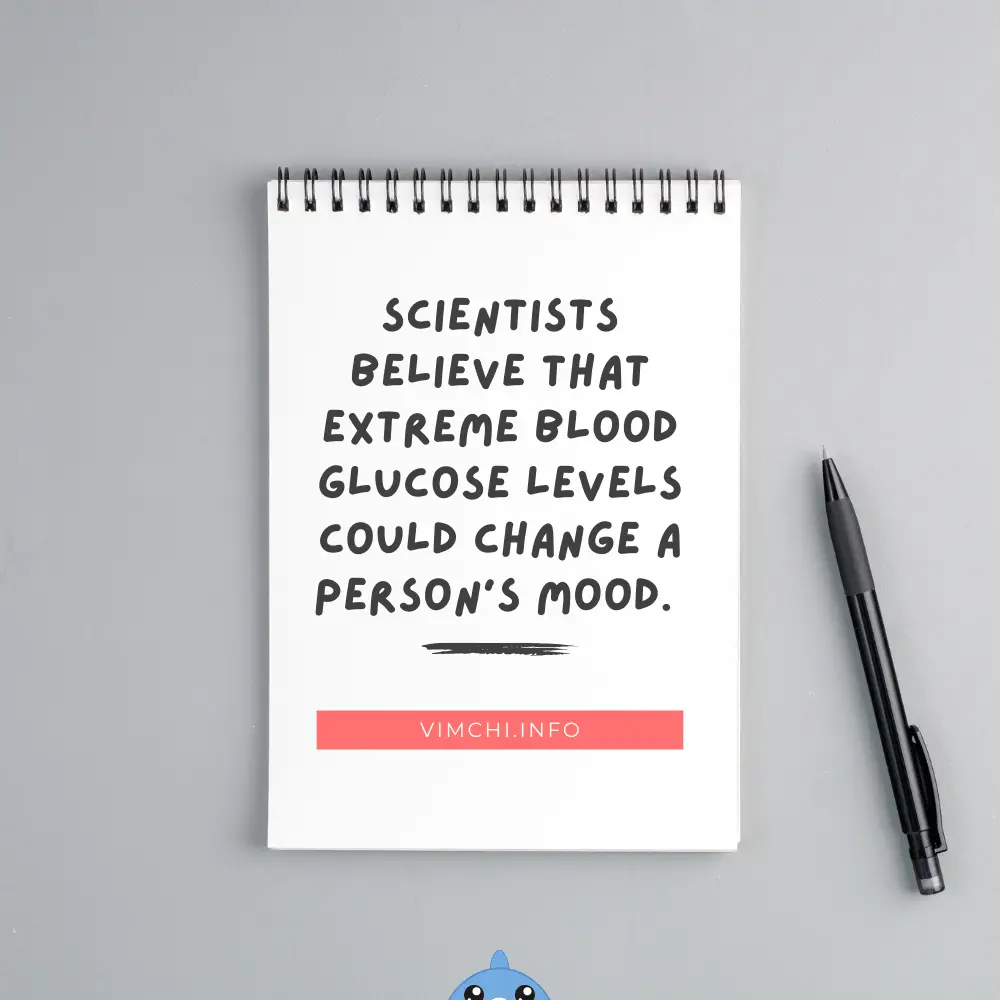
Inflammation is a dysfunctional immune response that makes you vulnerable to various health problems. These would include insulin resistance and oxidative stress.
But when you start following a ketogenic diet, your body’s inflammation may be improved. It can even treat chronic inflammation.
UC San Francisco scientists discovered the keto diet’s effects that could open a door for new therapies to reduce harmful brain inflammation after stroke and brain trauma.
Scientists have identified a protein that could link to the keto diet and inflammatory genes. If these inflammatory genes could be blocked, they could mimic the anti-inflammatory effects of keto diets.
The study used 2-deoxyglucose to block the metabolism of glucose, thereby, producing a ketogenic state in rats. They found that 2DG could significantly lower the inflammation levels to nearly control levels.
Regulate Insulin Function
Insulin is the hormone that helps in managing your blood sugar levels. Scientists believe that extreme blood glucose levels could change a person’s mood.
When you follow a high-sugar diet, you may become sugar-resistant that can lead to heart disease and depression.
However, when you start to follow a keto diet, your blood sugar levels may be regulated. As a result, it increases your sensitivity to insulin, thereby, regulating your blood sugar levels.
But before you conclude that you’re suffering from depression, it’s important to remember that there’s a huge difference between feeling depressed now and again and experiencing the depressive disorder.
Read: Is It Safe for Diabetics to Follow Ketosis Diet?
Remember that it’s normal to feel sad sometimes. It shows that you’re human.
However, if that sadness affects your daily life, you must seek professional help.
If you feel that the ketosis diet is causing your depressive state because of its unpleasant side effects, then consider stopping it.
Keep in mind that the ketosis diet isn’t the only weight loss diet that you can try. Intermittent fasting and eating one meal a day (OMAD) are also known to help you lose weight.
Should You Speak to a Professional?
If you’re still struggling with depression even after you have stopped following a keto diet, you should consider talking to a mental health professional.
Although you can talk to your family and friends about your depressive state, they are not trained to help you deal with your mental health issue.
Counseling will still help you feel better if you’re not sure whether you’re just feeling lonely or you’re experiencing depression symptoms.
You should also try to get enough sleep. Sleep disturbances and insufficient sleep can put you at risk for depression.
Read: Natural Ways to Help You Sleep
Go Out and Let the Shine On Your skin
Vitamin D is vital for our mental health. If you’re deficient in vitamin D, your risk of mental disorder is high.
Spend some time outside in the sunlight to address this deficiency. Sunlight offers a lot of health benefits, especially if you’re feeling depressed.
Don’t Forget to Exercise
Regular exercise is an effective way to fight depression. Aerobic exercise can increase your resilience to stress, thereby, lowering your risk of depression.
Conclusion
Can a ketosis diet cause depression? There’s no scientific proof that can show whether following a low-carb, high-fat diet will cause depression.
A ketogenic diet offers many health benefits. It’s not likely to cause lasting adverse side effects. Once your body has adjusted to this diet, your mood will improve.
Then again, if you think that you may have symptoms of depression, make sure to speak to a mental health professional.
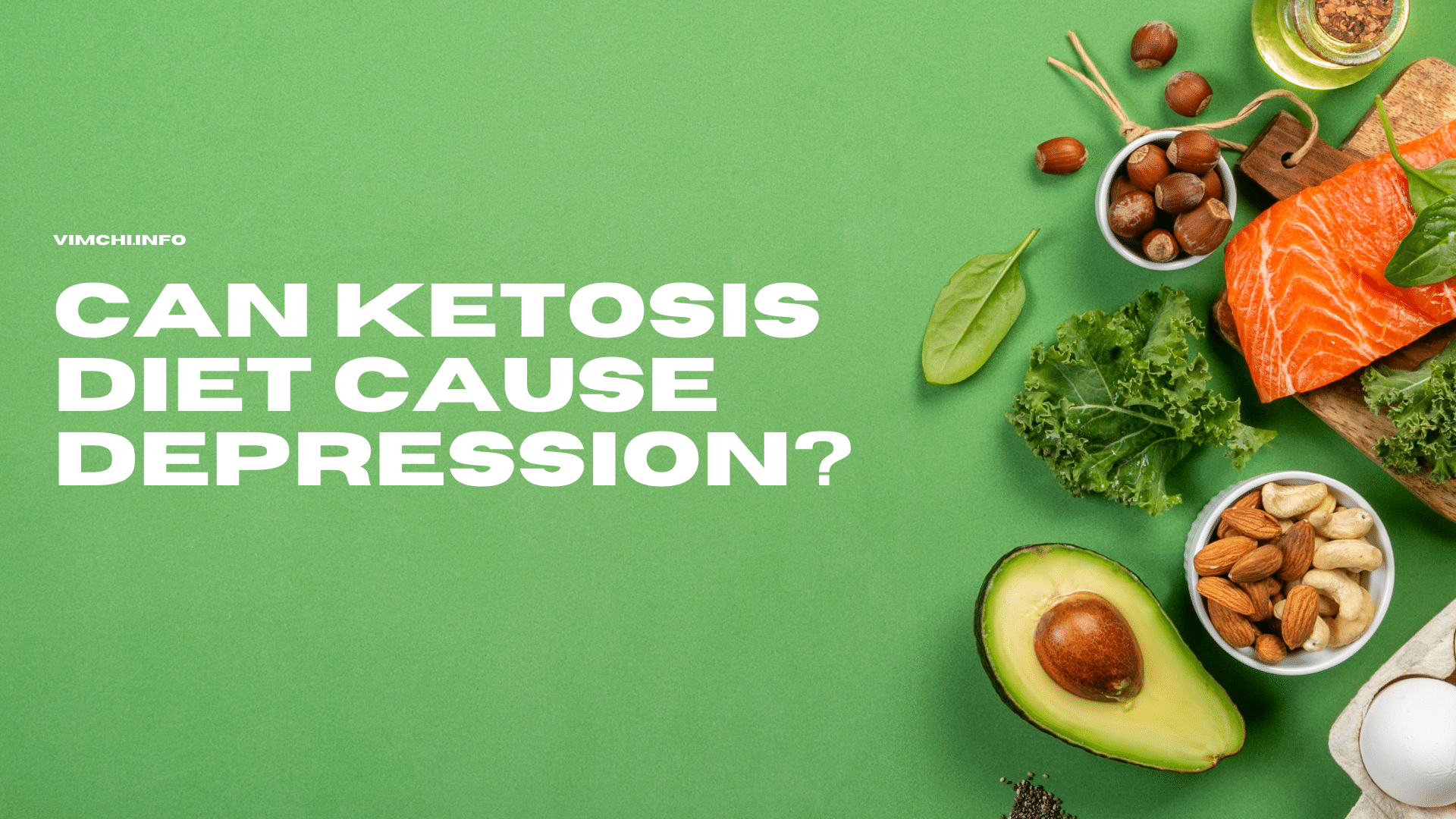
Speak Now ... Or Forever Hold Your Peace